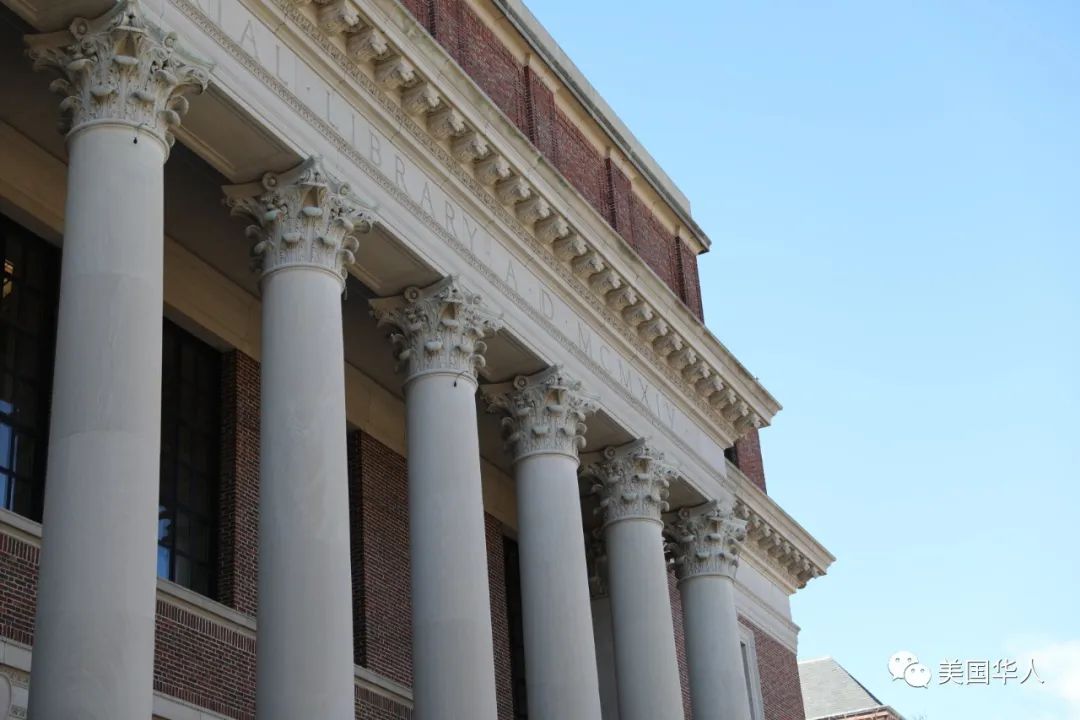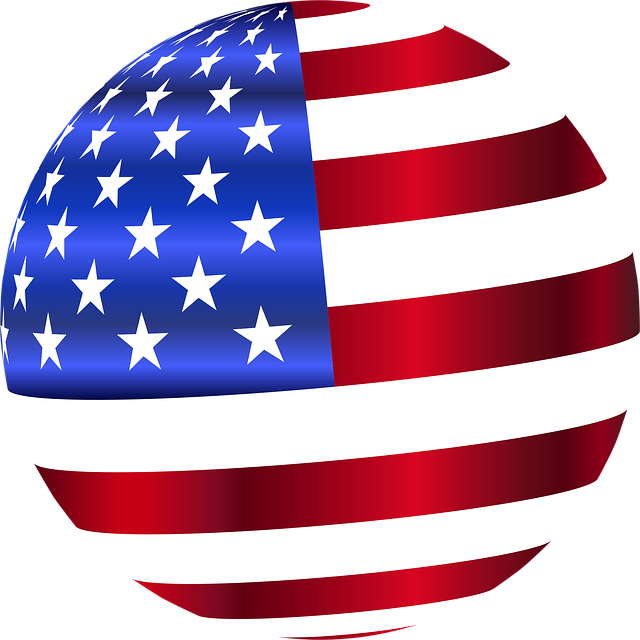A Response from a Harvard student to the Chinese American Community

My name is Kalos Chu. I am a junior at Harvard University studying English, and I’m one of the presidents of the Chinese Students Association. I first read Eileen’s letter a few days ago, and was—as many of its readers were—stunned by its eloquence and poignancy. For those of you who have not yet read it, I urge you to do so before continuing.
As someone whose Chinese is far from strong enough to read a newspaper, much less talk about complex social issues like “systemic racism” and “the model minority myth,” I’ve often found it difficult to discuss these issues with my parents. Eileen’s letter and its Chinese translation were, I thought, the solution. Finally, someone had written down the thoughts I’d been unable to express cogently and packaged it in a way that both my parents and I could understand! I sent the link to my parents and waited for the letter to magically change their minds and turn them into social justice warriors. Alas, I was wrong. They sent back this letter (one that I also encourage you to read before continuing)—a response to Eileen’s letter from a Chinese American named Yitao. And upon reading it, I, too, felt the urge to contribute to this conversation.
So yes, my letter is a response to yours, Eileen—a perspective that I would like to respectfully add to your powerful words. But it is also a response to Yitao, a response to my parents, and a response to the Chinese American community at large. Four essays for the price of one—quite a deal, if you ask me.
First, to you, Eileen. My response is, in short, thank you. You did the heavy lifting—the research, the arguments, the tracing of a path through our shared history—all with the care and maturity of, well, an English major (they say we’re a dying species, but if that’s true, we’re going out strong!). I leave out, here, the arguments that you make, because I do not want to repeat and mince your words—but know that I stand by them fully.
Now, to you, Yitao. Let me say first that I agree with you: I think Chinese Americans are among the most courageous and compassionate and hard-working people in this country. I could explain why, but I’m not sure I need to. I’m sure that everyone reading this article has Chinese Americans in their lives who are the epitome of what you describe, who have “overcome difficulties unimaginable to you to come to the US.” For me, those people are my parents, the hardest-working people I know. Their stories of success are our sources of pride, not embarrassment, contrary to what you accuse us of. I don’t think I, Eileen, or any other Chinese American would ever argue otherwise.
I also agree with the importance of the idiom “天下兴亡,匹夫有责" (the rise and fall of a nation is the responsibility of every ordinary person), and, indeed, the actions of Chinese Americans in response to COVID-19 are a heartwarming reaffirmation of this ideal. But doesn’t the rise and fall of a nation include, too, its conditions of racial equality? Shouldn’t the ordinary person, then, be committed to helping America heal its social diseases as well? You make a powerful final point, that “we are on the side of equality, justice, and a greater America,” but doesn’t being on that side mean helping all Americans, especially Black Americans?
To this, I imagine you would rebut with the importance of self-reliance. You say that “if there is a way for Chinese Americans to make their unique contribution to social justice, sharing our cultural values is probably the one,” that Black Americans should, “through better education and hard work and entrepreneurship,” lift themselves up as we Chinese Americans did. Well, here is where I must respectfully disagree.
As hard-working as Chinese Americans are, I think it would be presumptuous to claim hard work as an exclusively Chinese cultural value. I think it would be narrow-minded to think that Black people don’t want to send their kids to good schools, don’t want good lives for their families, or don’t want to be self-reliant as well.
The problem is that “self-reliance” is not an equally attainable goal for Chinese Americans and Black Americans. Yes, the immigrant experience is difficult. My parents had to overcome numerous economic, social, and cultural barriers in their lifetimes, and there is no way I could ever understand the depth of hardship they endured to allow me to be where I am today. But they did not have to overcome these barriers in addition to 400 years of oppression, discrimination, and slavery; as atrocious as the Chinese Exclusion Act of 1882, Sinophobia, and the discrimination that Chinese Americans have faced are—they do not compare to the Black American experience. Our ancestors were not brought to this country in chains. Our oppression was not embedded in the U.S. Constitution. Self-reliance is, indeed, a noble ideal to aspire to, but one that is made harder by centuries of anti-Black sentiment and structures.
You worked hard to get where you are; we know, and we are grateful. But for many people—Black people, especially—that’s often not enough.
And even for us, self-reliance isn’t always enough! Yitao, you end your letter with an ask: “Don’t tell [your parents] we owe our freedom and rights to others. We don’t, we earned them.” Having read Eileen’s essay, I’m not sure this is correct. We earned them, yes, but only with the help of Black Americans. The “self-reliance” that’s so often hailed as a panacea for systemic racism is the essence of the model minority myth, an excuse used by people in power to shirk their responsibilities to help those who need it—a fact that I will continue to tell my parents.
And speaking of my parents, this next part is addressed to you, 妈妈爸爸. I love you. Duh. I love you for making the best dumplings in the world, for helping me preserve my connection to Chinese culture, and for pushing me to be the best version of myself I can be. And it is because I love you that I’m writing this letter.
The danger of systemic racism and subconscious bias is that it’s exactly that—subconscious. It’s an invisible affliction, a disease that compromises the compassion that we, as Chinese Americans, so value in ourselves. And because I care so much about you, I do not want you to fall victim to that affliction. Sure, sometimes its symptoms manifest in the form of overtly racist remarks and actions, hate crimes or police brutality. I’m not saying you would do any of those things. I’m not saying you’re racist. No one is saying that. What I am saying, what Eileen is saying, and what our generation of Chinese Americans is saying is that you’re being silent—which is just as much of a symptom of racism. We’re saying that your decision to not speak out, to condemn the protests, to deem this as “none of our business,” is still bad.
It’s a symptom because it accepts privilege without question, because it betrays the Black Americans who fought alongside us for our rights, because it is selfish and dishonorable—all of the things you taught me not to be. You cite Confucian values, so I will do the same: “己欲立而立人,己欲达而达人,” or, “A man of humanity is one who, in seeking to establish himself, finds a foothold for others and who, in desiring attaining himself, helps others to attain.” However you choose to cure this symptom of silence—be it donating, sharing posts, voting, reading, signing petitions, protesting—I implore you not to ignore it, because it breaks our hearts every time you do.
And to the Chinese American community at large, I present a bit of a digression. As I’m sure you know, Harvard’s been embroiled in a lawsuit regarding its affirmative action policies, a discussion that, as a Chinese American Harvard student, I’ve found myself in the center of. I think it’s also relevant to mention that Chinese Americans support affirmative action far less than other Asian Americans (40% of Chinese are in favor, compared to 73% for other Asian groups), and that the group suing Harvard (Students for Fair Admissions), is composed primarily of Chinese Americans. Clearly, silence is not our only symptom.
I, too, am not well-versed in Asian American poetry (more of a prose guy, myself), but I have my own quote to end on, one from U.S. District Judge Allison Burroughs, who recently ruled on the case in federal court:
"The students who are admitted to Harvard and choose to attend will live and learn surrounded by all sorts of people, with all sorts of experiences, beliefs and talents. They will have the opportunity to know and understand one another beyond race, as whole individuals with unique histories and experiences. It is this, at Harvard and elsewhere that will move us, one day, to the point where we see that race is a fact, but not the defining fact and not the fact that tells us what is important, but we are not there yet. Until we are, race conscious admissions programs that survive strict scrutiny will have an important place in society and help ensure that colleges and universities can offer a diverse atmosphere that fosters learning, improves scholarship, and encourages mutual respect and understanding."
“We are not there yet,” she says.
And if we, as Chinese Americans, fail to stand together with Black Americans and other disadvantaged minorities—we never will be.
With love,
Kalos Chu
Harvard University, Class of 2022
President, Harvard-Radcliffe Chinese Students Association
P.S. If you are interested in helping, receiving updates on ways to get involved, and pledging to address anti-Blackness in our Asian American communities, please fill out the following form.

评论 26
加入讨论
请登录后发表评论
Stanford
确认操作
V
确认操作
V
确认操作
V
确认操作
V
确认操作
V
确认操作